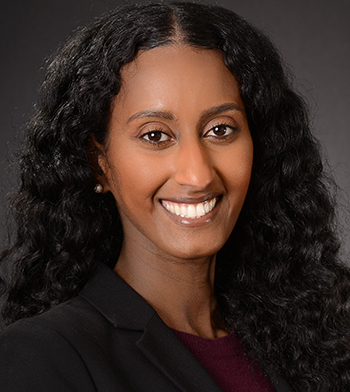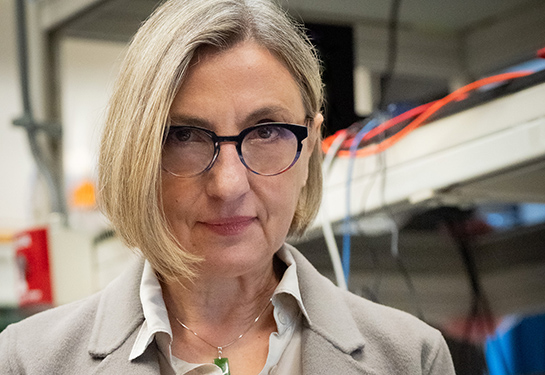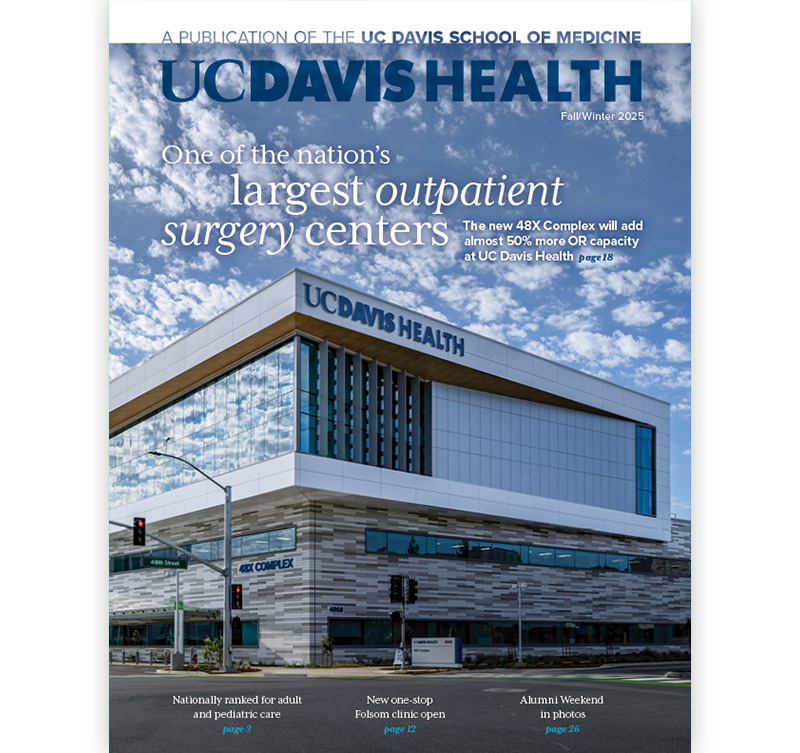Juneteenth discussion of health inequities helps lead to change for common test
Bisrat Woldemichael, interviewed below, is a fourth-year medical student at UC Davis School of Medicine. She is graduating in June 2021 and will begin her residency at Emory University School of Medicine this summer. In 2020, Woldemichael and another medical student, Megan Marie Byrne challenged race-based reference ranges for the estimated glomerular filtration rate test, or eGFR. The test is routinely used to check how well a patient’s kidneys are functioning. Since about 1999 the test has included a separate reference range for African American patients. In response to the students’ challenge, physicians at UC Davis Health formed a task force to evaluate eliminating the separate references ranges. UC Davis Health eliminated race from the eGFR test on May 4, one of the first health systems in the nation to do so.

When did you first hear about the race correction for the eGFR test and what was your reaction?
I saw the “African-American GFR” before medical school and first learned about the race-correction calculation in my second-year nephrology course. I was stunned. The evidence was flawed. I read more about race-based medicine, including books like Dorothy Roberts’ Fatal Invention. I realized race-based medicine is everywhere and it is something that needs to be changed and addressed as it contributes drastically to racial health disparities.
What inspired you to bring up your concerns about the test to Dr. Rachael Lucatorto [associate program director for the Internal Medicine Residency Program] on Juneteenth last year?
The morning of Juneteeth, June 19, 2020, Dr. Lucatorto had us all sit at a round table. We didn’t know what to expect. I certainly didn’t expect what came next. Dr. Lucatorto began to play an excerpt from the Emancipation Proclamation. She acknowledged the weight of the date, June 19, 1865, how, despite the proclamation to free the slaves on January 1, 1863, many weren’t “free” until over two years later.
We discussed the lasting effects of slavery and anti-Black racism in this country. We discussed police brutality. It was a hard month—my Acting Internship, the murder of George Floyd and a month of unrest in many ways for me. Yet Dr. Lucatorto created a safe space for me to bring my thoughts to the clinical sphere. I spoke about the many ways racism is intertwined within medicine. I mentioned how we learn about skin conditions using white skin as the baseline and how we still use the race correction for eGFR calculations. Dr. Lucatorto gasped as she took notes on her phone and said, “you’re right… I’m doing something about that starting today.” The next thing I knew, I was invited to a task force meeting on the topic.
How does it make you feel that an issue you raised brought about the test being changed?
It makes me feel heard. Like my voice matters. It inspires me to continue asking questions, even if it is to an attending physician because it can spark a discussion that leads to downstream change. It also makes me realize that there are amazing people here who are changemakers, who want UC Davis to become a better, more equitable health system.
Does it make you feel like other inequities in healthcare can be addressed and changed?
Yes! There is so much work to do in this space. Medicine must have an equity lens if we truly want to provide the best, most valuable and humanistic care. Going into residency, I want to continue health equity work. I want to learn to recognize the inequities and come up with actionable change and learn how to advocate for my patients. It’s hard work, but I believe it can be done.





